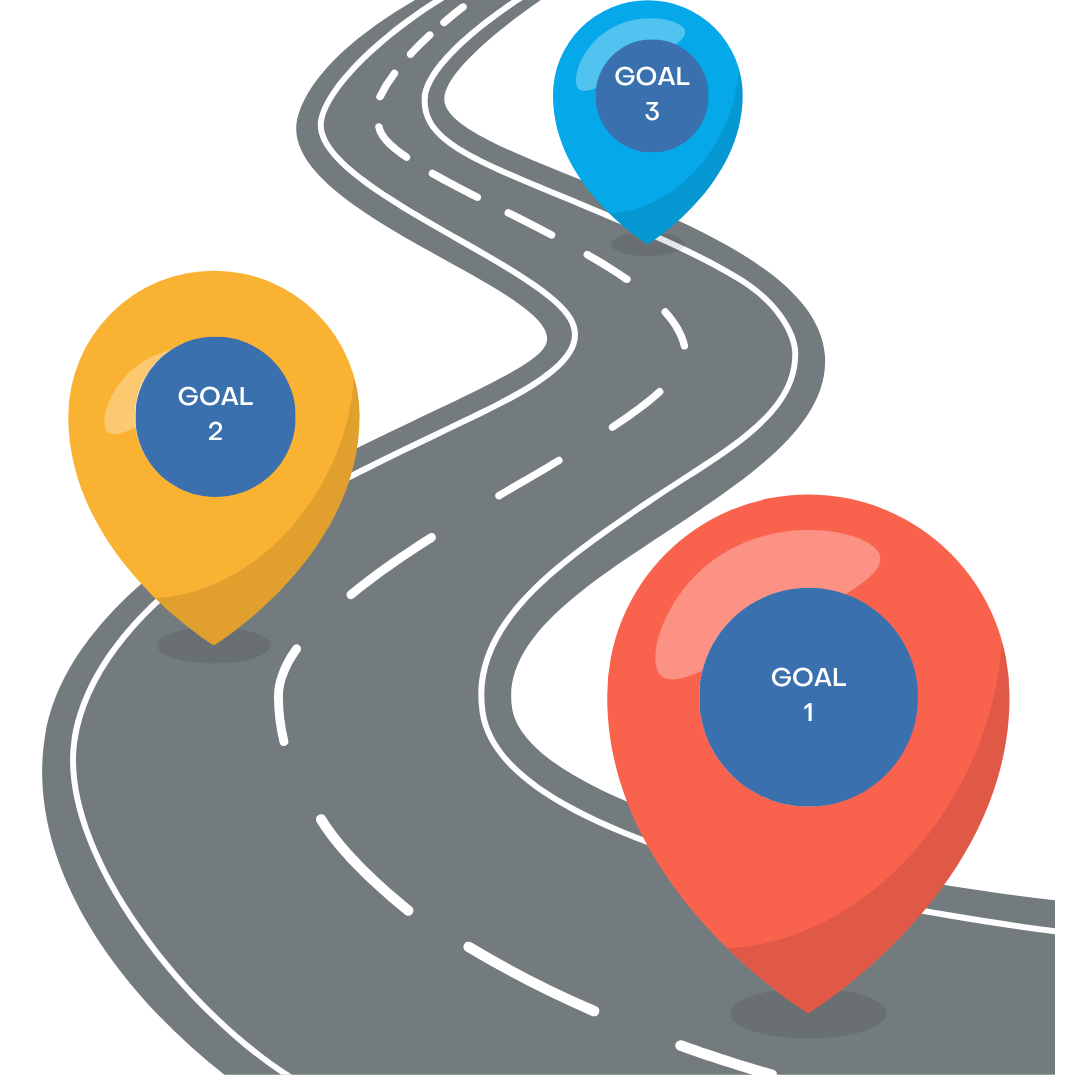What is Go To Market Strategy
What is Go To Market Strategy

A good business plan must include a go-to-market (GTM) strategy. It describes how a business intends to launch and advertise its products or services to its target market. GTM strategies differ by sector, product, and target demographic. This article explains what GTM strategy is, why it is important, and how to create an effective GTM strategy.
What is Go-to-Market Strategy?
The term "go-to-market strategy" refers to a thorough plan that specifies how a firm will offer and advertise its products or services to the market that it has identified as its primary focus. The product introduction, messaging, sales strategy, distribution strategy, and price plan are the primary focuses of this approach. The objective of the GTM strategy is to successfully place the product in the market and communicate effectively with the target demographic.
Why is Go-to-Market Strategy Important?
A GTM plan that has been carefully created can assist businesses in accomplishing their business goals, such as increasing their revenue and market share, as well as acquiring new customers. Also, it can assist firms in determining their target audience and developing messaging that is relevant to that group. Companies may improve their chances of success and avoid making costly mistakes by creating a clear GTM strategy and putting it into action.
How to Develop an Effective Go-to-Market Strategy?
Developing an effective GTM strategy requires a deep understanding of the market, competition, and target audience. Here are the key steps to develop an effective GTM strategy:
- Define your target audience: Identify who your ideal customer is, what they need, and what motivates them to buy.
- Conduct market research: Analyze the market trends, competition, and demand for your product or service.
- Develop messaging and positioning: Create messaging that resonates with your target audience and differentiates you from your competition.
- Determine your pricing strategy: Define your pricing strategy based on your target audience and competitive landscape.
- Develop your sales and distribution channels: Determine the most effective channels to reach your target audience and deliver your product or service.
- Launch and iterate: Launch your product or service and monitor its performance. Iterate based on customer feedback and market trends.
In conclusion, developing an effective GTM strategy is critical to the success of any business. By understanding your target audience, competition, and market trends, you can create messaging, pricing, and distribution strategies that resonate with your audience and differentiate you from your competition. By following the steps outlined in this article, you can develop a comprehensive GTM strategy that positions your product or service for success.












